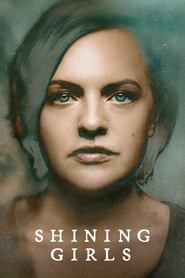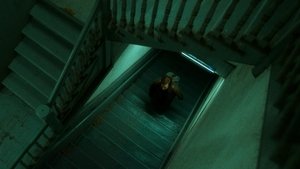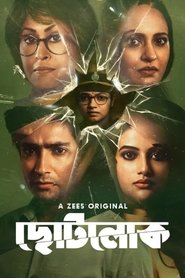
Seasons and episodes
1Season 1 Apr. 28, 2022
 1 - AllS01-Ep(1-8) Feb. 22, 2025
1 - AllS01-Ep(1-8) Feb. 22, 2025
Creator
Creator
Cast
Kirby Mazrachi
Dan Velazquez
Jin-Sook
Marcus
Rachel
Harper
Video trailer
Synopsis
Shining Girls Season 1 Download In English 720p
StoryLine:
Over the past couple of months, Shining Girls has shown us, in rude and anxiety-ridden detail, exactly how life hasn’t been kind to newspaper archivist Kirby Mazrachi (Elisabeth Moss). When we first meet her in 1992 Chicago, she says she chose her new name because it “sounded fun.” But I convince myself it’s because Kirby’s Dream Land came out that very same year. This is probably the last glib, carefree thought I have about Kirby for the rest of the series.Shining Girls Season 1 Download.
Apple’s adaptation of Lauren Beukes’ genre-bending crime thriller, for the most part, elevates the novel with some welcome changes. There are no titular “shining girls” — at least not in the way the book danced around rather iffy views about the precocious specialness of the very normal everyday women who are murdered. This all comes from the unhinged male antagonist but still feels like an awkward precursor to gender essentialist ideas where these women are inherently “brimming with potential,” where their worth is anchored to men (or, in this case, one man). Beukes is a gifted and accomplished writer, but at times her treatment of gender — particularly the transphobic ideas in her novel Afterland — comes off as naive. (And, in the case of Afterland, painfully shortsighted and deeply harmful to already vulnerable trans women; Beukes has since posted a Twitter apology.)
In the novel, time-traveling serial killer Harper Curtis is fixated on “shining girls”: ordinary women with bright futures who need to die so he can keep using his powers. The powers come from a mysterious old house that lets him pop in and out of time between the 1920s and the 1990s; through the house, Harper chooses talismanic objects that are connected to the women and stalks them across time like a sociopathic deadbeat magician. Originally a Depression-era nobody, he settles easily into this surreal limbo as a time-traveling, woman-murdering nobody until one of his victims, Kirby, survives.
Additional Links:
Original title
Shining Girls
TMDb Rating
8.4 32 votes
First air date
Apr. 28, 2022
Last air date
Jun. 02, 2022
Seasons
1
Episodes
8
Average Duration
53 minutes

















![Panchayat [Season 3]](https://image.tmdb.org/t/p/w185/wsgfe8YmntJ1uVIkBjBdRdYpJyN.jpg)



![Harley Quinn [Season 3]](https://image.tmdb.org/t/p/w185/y4B3ixM1Y84i829HzIRPAMMFhsA.jpg)



